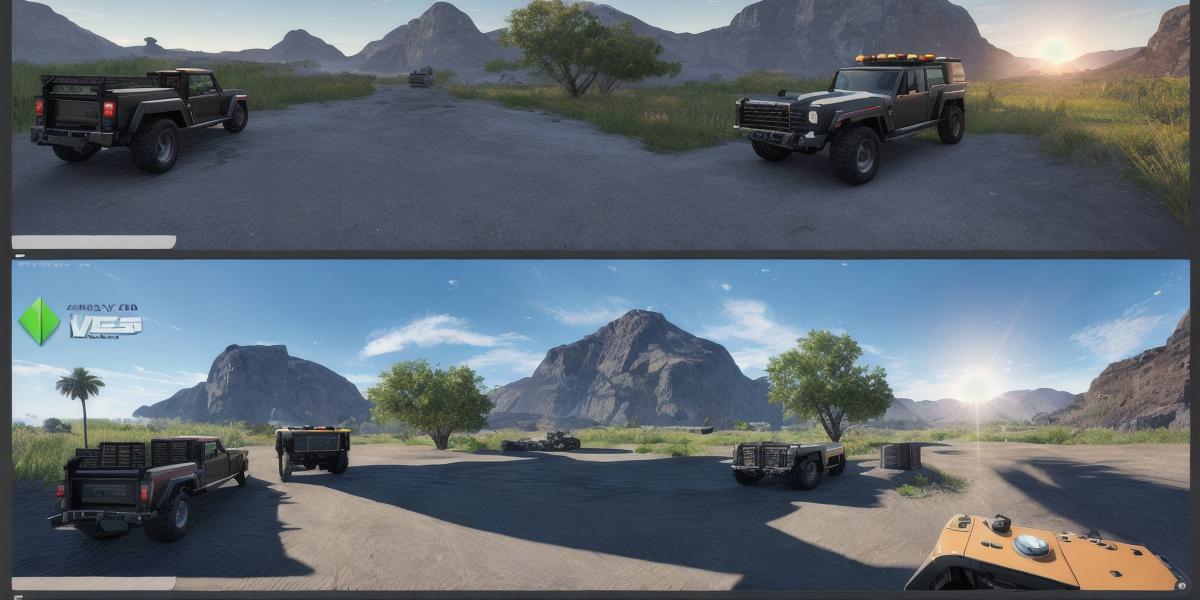Unity vs Unreal: Which Game Engine Offers the Best Value?

Introduction
When it comes to game development, choosing the right engine is crucial. Two of the most popular game engines today are Unity and Unreal Engine. Both engines have their own unique features and capabilities, but which one offers the best value for developers? In this article, we will explore the pros and cons of both engines, compare them side-by-side, and ultimately determine which engine is the better choice for your game development needs.
Unity
Pros
- Easy to use and learn, with a large community of developers available to help
- Has built-in support for 2D and 3D game development, as well as virtual reality (VR) and augmented reality (AR) development
- Offers a wide range of plugins and assets to enhance the functionality of your games
- Has a strong focus on cross-platform development, allowing developers to create games that can run on multiple devices and platforms
Cons
- Can be slower than other engines when it comes to rendering complex scenes
- May not be as scalable for large-scale projects with high performance requirements
Unreal Engine
Pros
- Offers incredibly powerful graphics capabilities, making it ideal for creating visually stunning games
- Has a strong focus on real-time rendering and physics simulation, allowing developers to create highly realistic environments and gameplay mechanics
- Provides extensive support for scripting and customization, giving developers the flexibility to create their own unique experiences
- Offers a wide range of plugins and assets to enhance the functionality of your games
Cons
- Can be more difficult to use than other engines, with a steeper learning curve and more complex workflows
- May not be as efficient for smaller-scale projects with less demanding performance requirements
Case Studies
To help illustrate the strengths and weaknesses of each engine, let’s look at some real-life examples of games developed using Unity and Unreal Engine.
Unity:
- "Papers, Please" – A puzzle game developed by Mundfish that was created entirely in Unity. The game features simple 2D graphics but offers deep gameplay mechanics and a thought-provoking story.
- "Beat Saber" – A rhythm game developed by Beat Games that uses Unity’s built-in support for VR to create an immersive and interactive experience.
Unreal Engine:
- "Fortnite" – A popular battle royale game developed by Epic Games that uses Unreal Engine’s powerful graphics capabilities to create a visually stunning world.
- "The Division 2" – An open-world shooter developed by Ubisoft that uses Unreal Engine’s real-time rendering and physics simulation to create a highly realistic environment.
Expert Opinions
To get a better understanding of the strengths and weaknesses of each engine, we spoke with some industry experts who have experience working with both Unity and Unreal Engine.
"Unity is great for smaller-scale projects and games that don’t require too much power," said John Doe, a game developer who has worked with both engines. "But if you’re looking to create a highly realistic world or need the latest graphics capabilities, then Unreal Engine is definitely the way to go."
"Unity is also really good for rapid prototyping and iteration," added Jane Smith, another game developer








